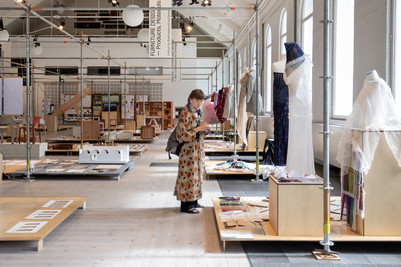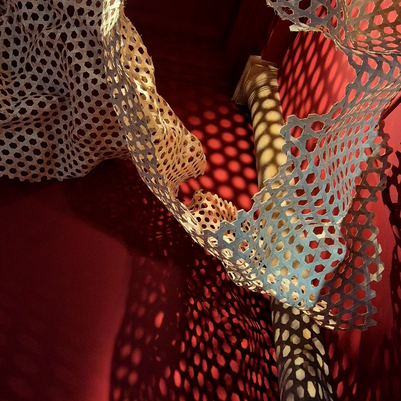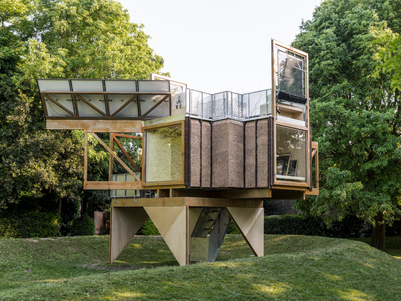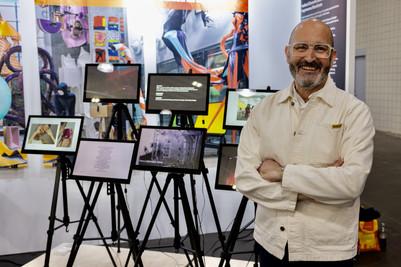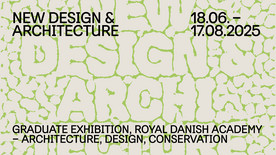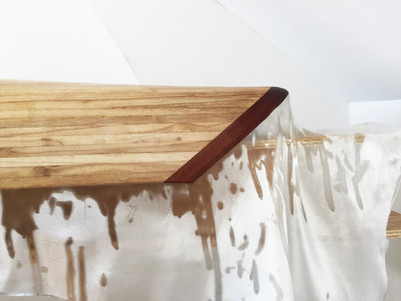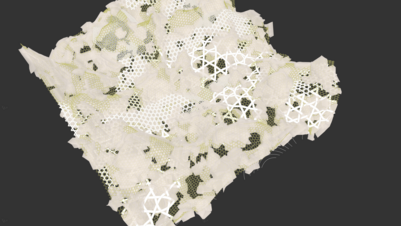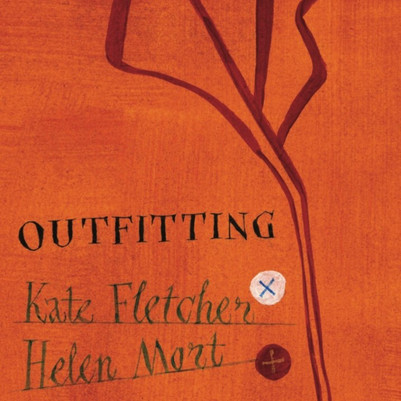

PhD projects focusing on Architecture and Public health
Two new research projects located at the Institute of Architecture and Technology will contribute to the growing body of research of how design can improve health in the area of infectious diseases.
Cities, buildings and landscapes are decisive factors in determining human health. Designing our physical surroundings so that they facilitate healthy behaviors, can reduce the burden of chronic diseases such as Cardiovascular disease and Diabetes.
But the way we design buildings, cities and landscapes can also impact the spread of major infectious diseases like Malaria and Dengue fever. Nearly half of the world’s population live in areas at risk of Malaria transmission, while the emerging infectious disease Dengue fever is closely associated with urban environments, especially in developing countries.
Furthermore, as we have witnessed during the current pandemic, the built environment also plays an important role in our strategies to contain the spread of viral diseases, and has brought renewed attention to the potential of design, to not only promote human health, but also as a means to control the transmission of diseases in society.
Architecture that encorages health and well-being
But health is not only a goal in itself. Principle 1 of the Rio Declaration on Environment and Development states that; “Human beings are at the centre of concerns for sustainable development. They are entitled to a healthy and productive life in harmony with nature”.
This implies that human health and sustainable development are not only linked but interdependent. This interdependence opens up a vast range of opportunities for architecture to contribute to the fulfillment of the 2030 agenda, and to the health and well-being of the global population.
The Royal Danish Academy is responding to this acute realization by launching two Phd projects focusing on Architecture and Public health. Both PhDs examine architectures potential to combat infections disease by design - on the scale of cities and buildings respectively.
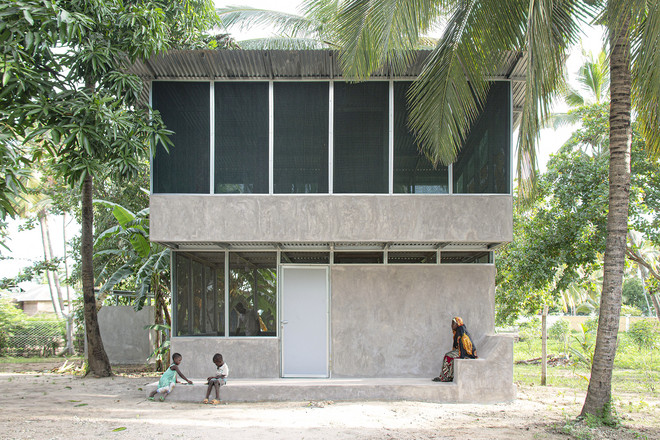
Star Homes – better health through better housing: Scaling up novel design solutions for improved housing
In this project PhD student Thomas Chevalier Bøjstrup will examine a selection of experimental houses in Mtwara, in rural Tanzania, to assess their performance in a health perspective. The project is part of a larger cross-disciplinary intervention study which is a collaboration between University of Oxford (UK), Mahidol-Oxford Tropical Medicine Research Unit (Thailand), Durham University (UK), CSK Research Solutions, (Tanzania) and Ifakara Health Institute (Tanzania).
The investigation builds on a series of previous studies, exploring the potential of reducing malaria transmission, incidents of respiratory tract infections and diarrhoeal disease, through improved housing in Sub-saharan Africa. The PhD project will address aspects of the study pertaining to the physical performance of the houses, including indoor climate, acceptability and cost-effectiveness, and based on the results, propose a strategy for how the design can be scaled up to a market-competitive concept in a Tanzanian context.

Quarantine as a design problem in an Emerging Diseases Worldview
In this research project PhD student Peter Leal Hinsby considers how most battles against deadly viruses has been centered around medical understandings translated into space / temporal organizations such as social distancing and quarantine.
With more than half of the world´s population under quarantine or lock down orders during the Covid-19 pandemic, the built environment seems sublimated into the task of containing one microscopic virus. Quarantine have moved from the edges into the very centre of cities and thinking. If indeed, as suggested by multiple epidemiologists and global health institutions, we are entering an era of new emerging diseases as a consequence of the way we have organized human life, how should we then re-organize and/or expand our understanding of quarantines as a new normal.
More information?
Contact PhD student Thomas Chevalier Bøjstrup: tboj@kglakademi.dk
Contact PhD student Peter Leal Hinsby: phin@kglakademi.dk




